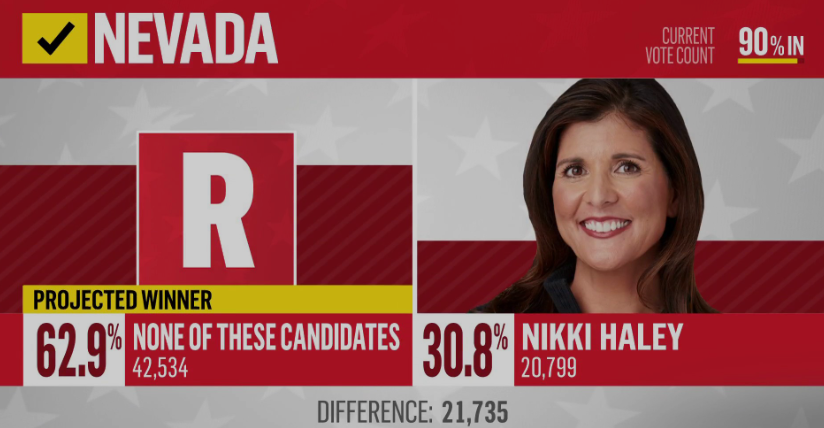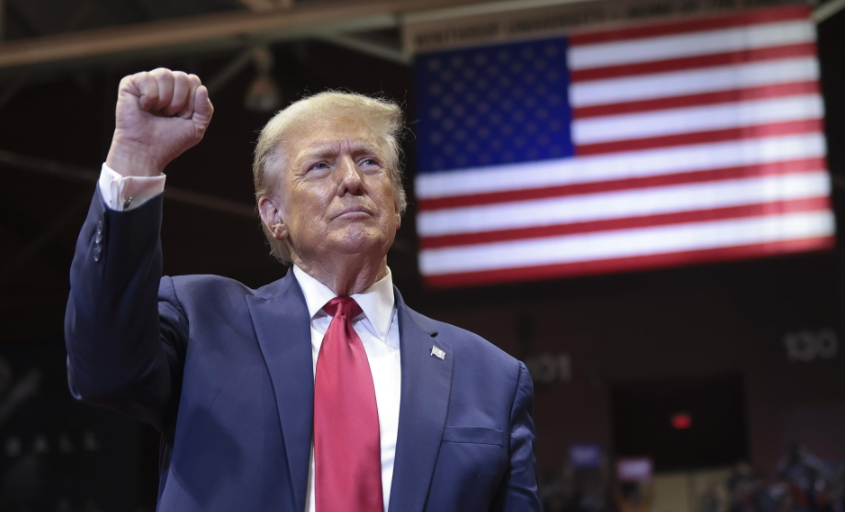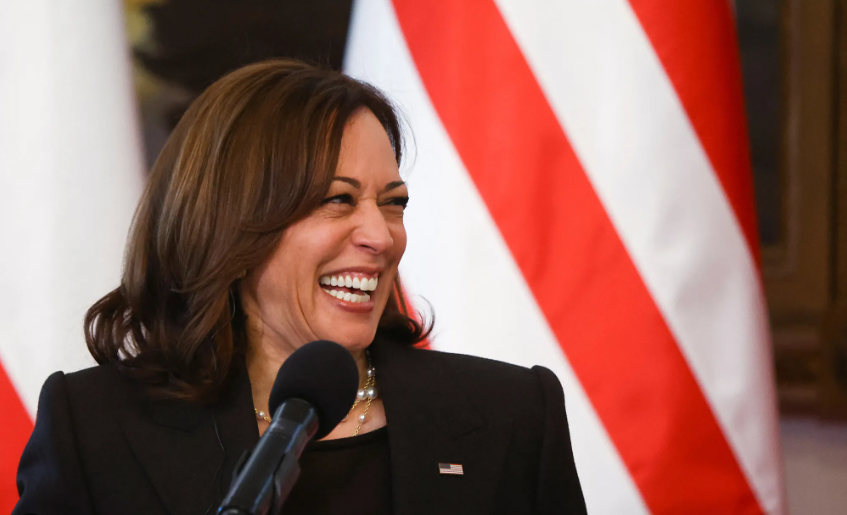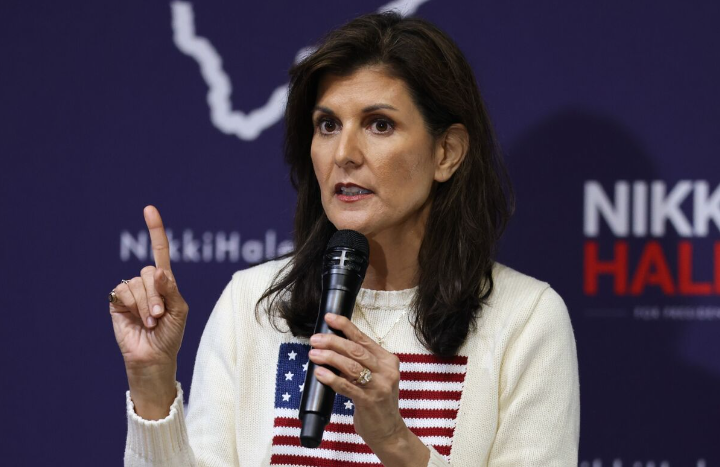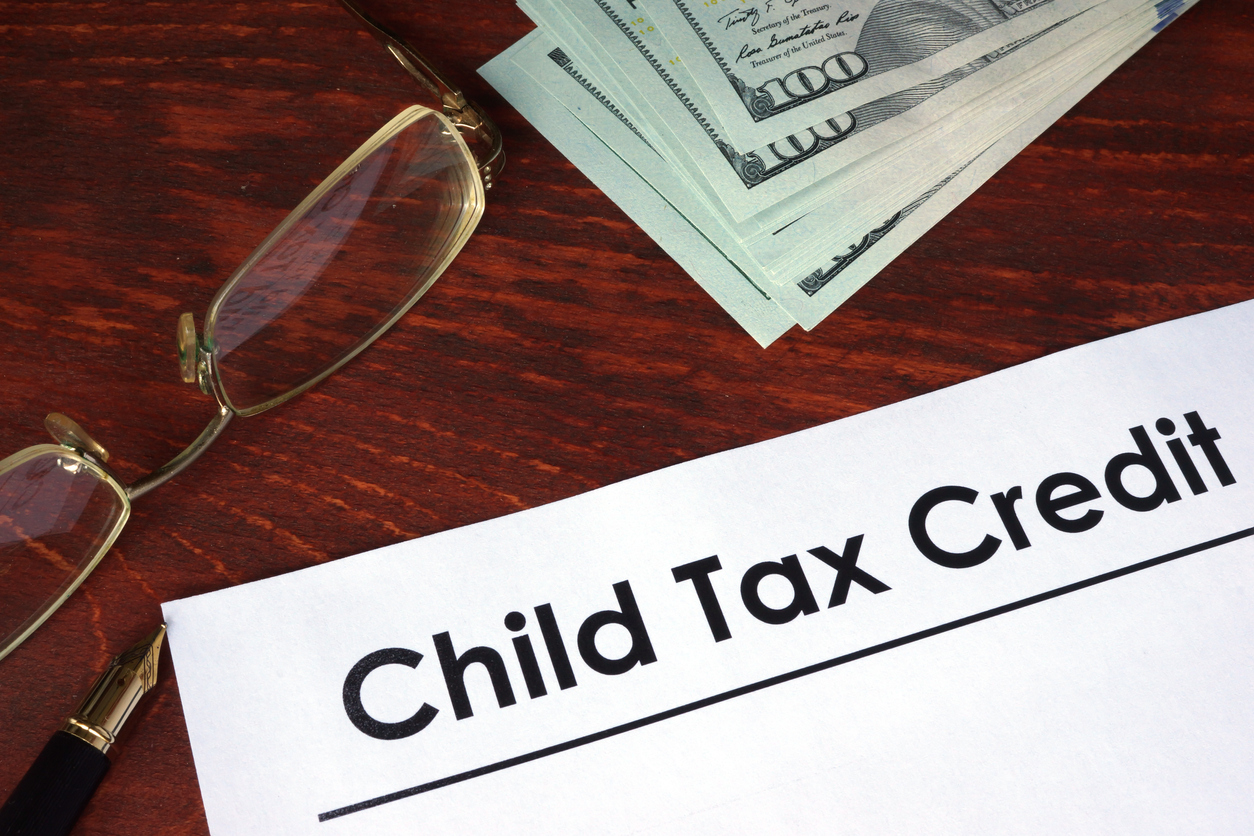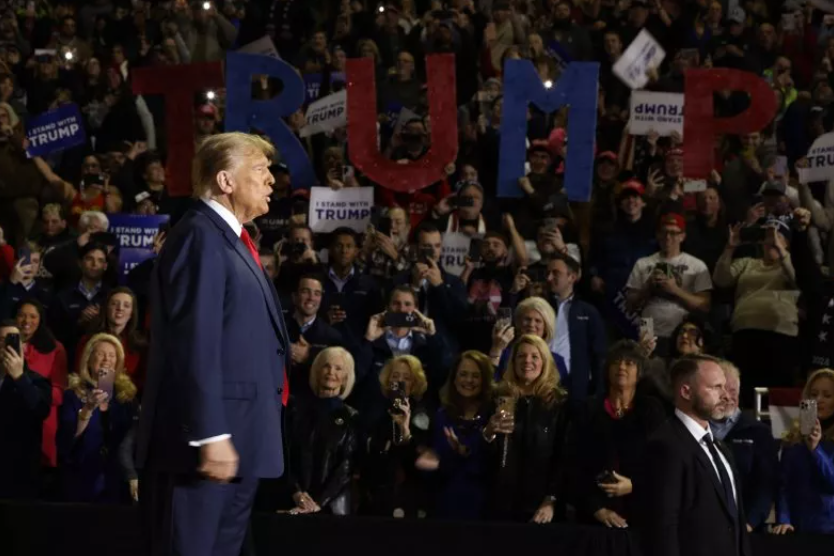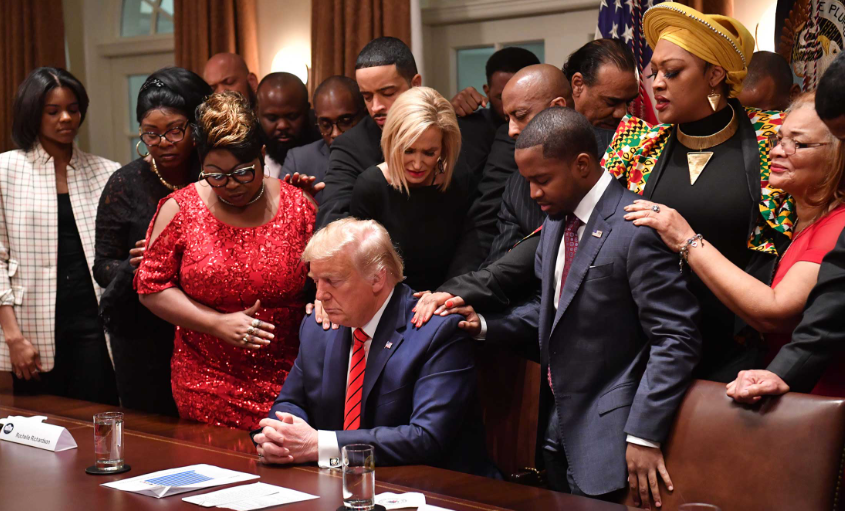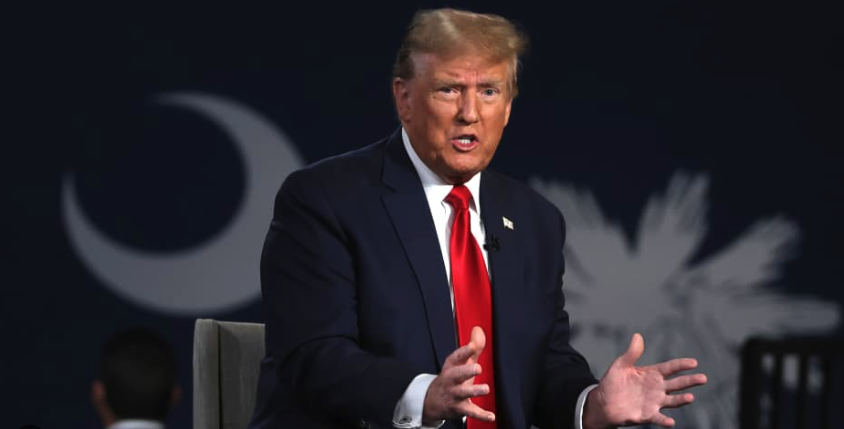
Credit: CNBC
In a twist that could only happen in the most dramatic political thrillers, the possibility of former President Donald Trump being tried amidst the hustle and bustle of the 2024 presidential election is becoming increasingly real. This scenario, as complex as a multi-layered chess game, pits the wheels of justice against the gears of the political machine, leading to a scenario where the courtroom and the campaign trail might just intersect.
U.S. District Judge Tanya Chutkan’s firm stance that the election cycle will not dictate the timing of Trump’s federal trial sends a clear message: justice waits for no one, not even presidential hopefuls. Meanwhile, Special Counsel Jack Smith’s determination to proceed, regardless of the traditional Justice Department guidelines designed to prevent legal actions from influencing elections, adds another layer of intrigue to this unfolding drama.
The core of this judicial saga lies in the historic nature of the situation. Never before has the potential for a criminal trial of a leading presidential candidate, through the election itself, been so palpably close. This has led to a whirlwind of opinions, with some viewing the trial’s timing as a necessary pursuit of justice, while others perceive it as a potential unfair advantage that could sway electoral outcomes.
Imagine, if you will, the surreal scenario where Trump could be navigating court appearances while also attending campaign rallies, a dual role that blurs the lines between defendant and candidate. The rapid pace set by both the prosecution and the judiciary, aiming for a trial date sooner than the congested court calendars would typically allow, underscores the unique nature of these proceedings.
Critics argue that this rush towards trial is unparalleled and potentially prejudicial. The historical backlog of federal cases, where even guilty pleas can take months to process, starkly contrasts with the urgency applied to Trump’s case. This urgency raises questions about whether the scales of justice are being tipped by the weight of political considerations.
The backdrop to this legal and political drama is a deeply divided public perception. Polls suggest that a significant portion of the American populace views the charges against Trump as politically motivated, a sentiment that could be exacerbated by a trial that runs parallel to the election campaign. Such a scenario could further polarize an already divided electorate, casting long shadows over the legitimacy of the trial and the election alike.
This unprecedented situation challenges the very principles of justice and democracy, putting the spotlight on the delicate balance between pursuing accountability and ensuring a fair electoral process. As we inch closer to the 2024 election, the nation watches with bated breath, wondering how this extraordinary chapter in American political history will unfold.
In essence, the trial of Donald Trump is not just about legal arguments and courtroom battles; it’s a test of the resilience of American democracy. It’s a story of how justice navigates through the stormy seas of politics, striving to maintain its course without being swayed by the winds of public opinion or the tides of electoral cycles. As this drama continues to unfold, it serves as a reminder of the complexities and challenges of upholding the rule of law in an era of unprecedented political divisiveness.
